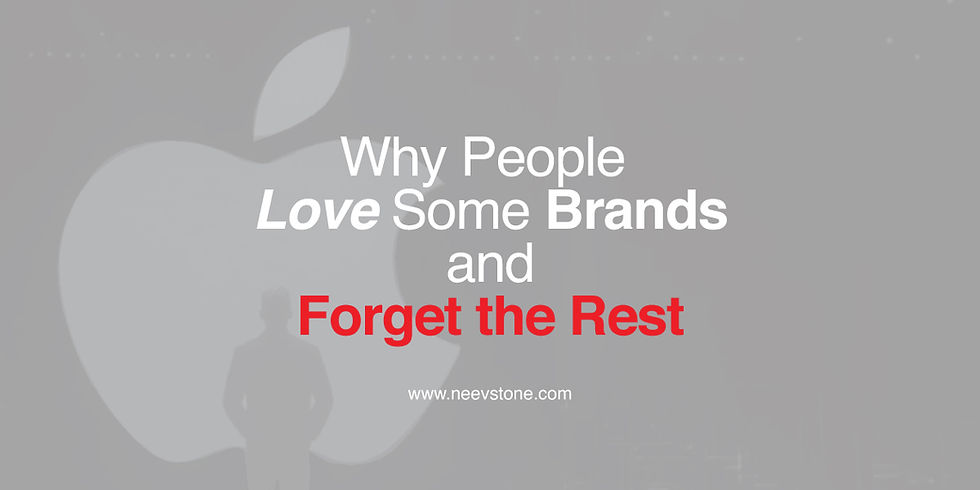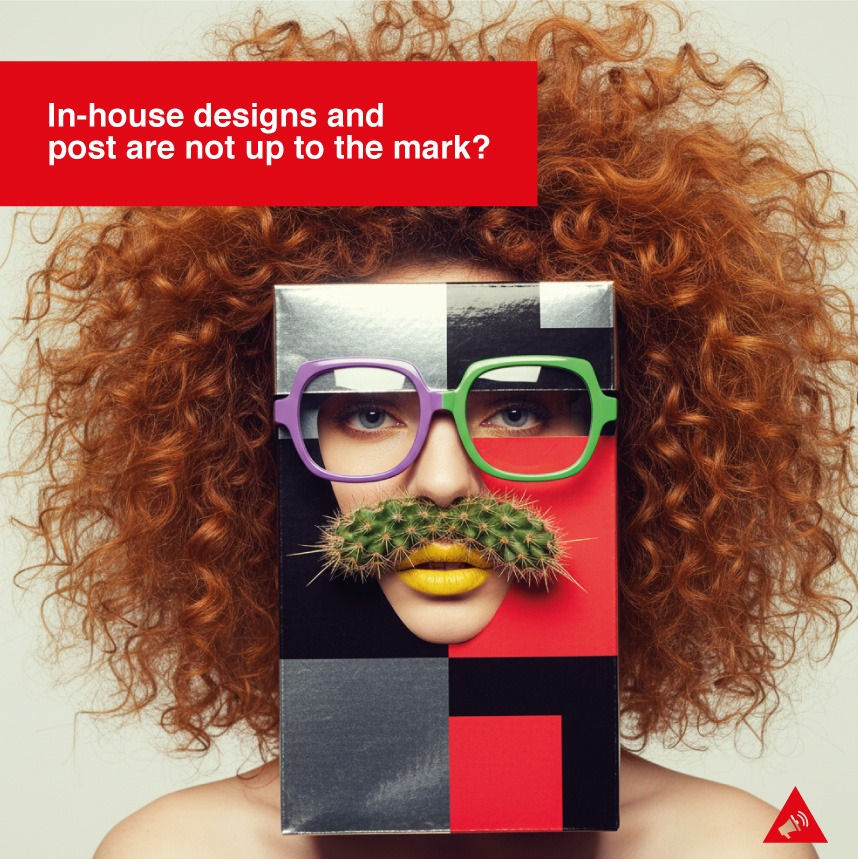Why People Love Some Brands and Forget the Rest.
- Mahesh Karande
- Aug 12, 2025
- 2 min read
Updated: Sep 1, 2025

The subtle shift from selling products to building identity makes brands unforgettable.
Here’s a simple but important question every founder should ask:If your brand vanished tomorrow, would anyone care?
If your answer is “probably not,” you’re not
may have built a solid brand, one that delivers value and satisfies customers.But you haven’t built a cult brand. And that could be the difference between long-term success and becoming irrelevant.
Normal Brands Solve Problems. Cult Brands Shape Identity.
Most brands focus on products, prices, and convenience. They fulfil needs.Cult brands go deeper; they create belonging. They make people feel understood and proud to be associated.“This brand gets me.” That’s cult brand territory.And people don’t abandon brands they connect with.
Indian Example: Amul vs. Everyone Else
Amul is more than milk and butter; it’s nostalgia, trust, and culture.No huge discounts, no influencer hype, just strong emotional bonds. That’s why Amul has outlasted trendier, better-funded competitors.
Global Example: Apple – Devotion Through Design
Apple doesn’t have customers; it has followers.Even when Apple makes controversial decisions, its loyal community sticks around.Because Apple isn’t just selling tech, it’s selling a worldview: simplicity, creativity, and status.
Cult vs. Normal Brands—Quick Comparison
Element | Normal Brand | Cult Brand |
Focus | Product, Price | Emotion, Identity |
Customer | Users | Believers |
Marketing | Offers, Features | Purpose, Story |
Price Sensitivity | High | Low |
Community | Buyers | Tribe |
Survivability | Market-driven | Meaning-driven |
How to Build a Cult Brand
Start with a Belief
Stand for something. Tata stands for trust, and earns loyalty across industries.
Create Rituals & Language
Think Nike’s “Just Do It” or Royal Enfield’s “Trip Diaries.” Give people shared moments.
Don’t Be for Everyone
The broader your message, the weaker your connection. Focus on your tribe.
Ask Yourself:
Would customers recommend us without any reward?
Do we stand for something meaningful?
Are we just a product or a symbol of identity?
Final Thought:
A normal brand sells products.A cult brand sells pride, belonging, and identity.And you don’t need to be big to build one, you just need clarity and courage.




Comments